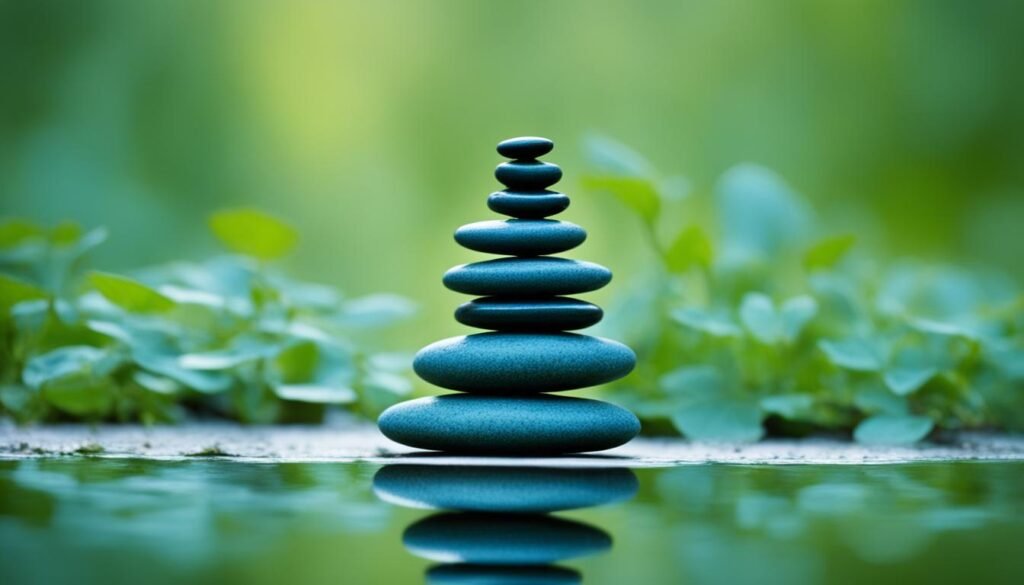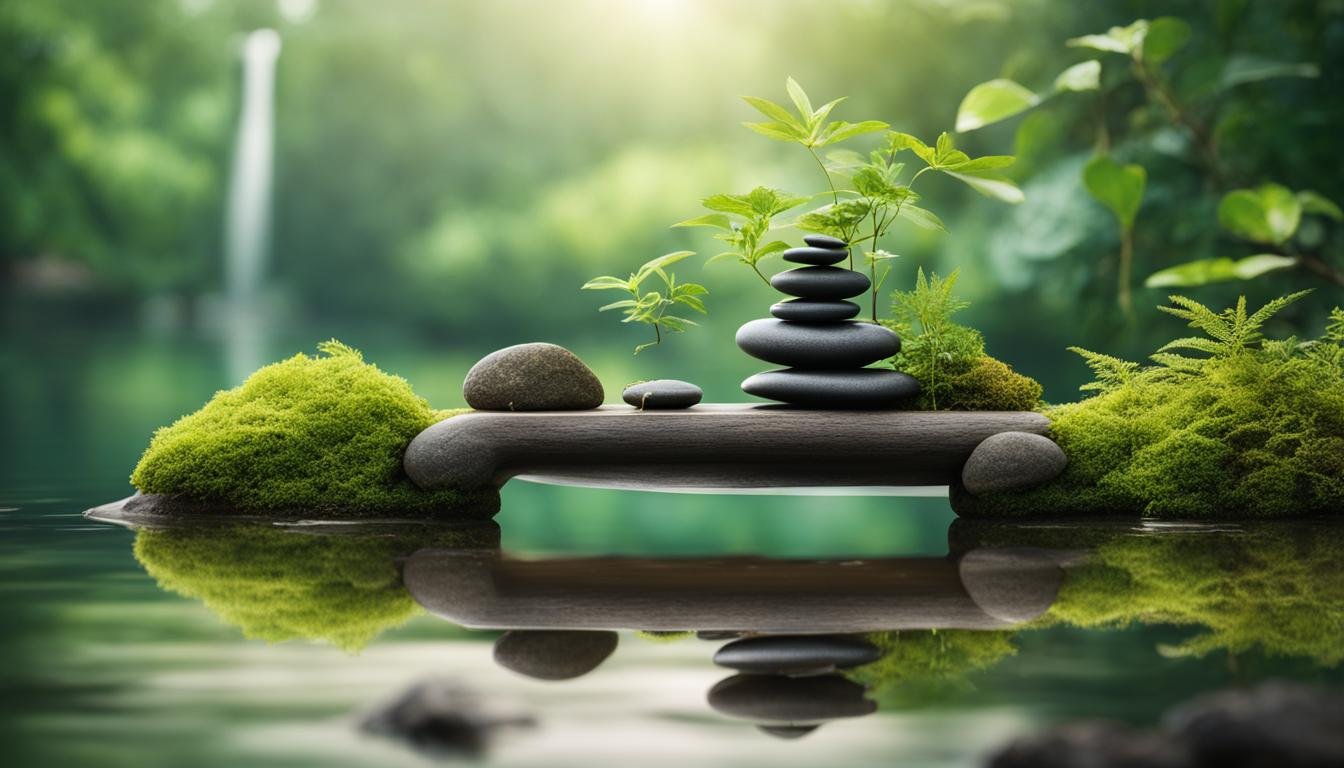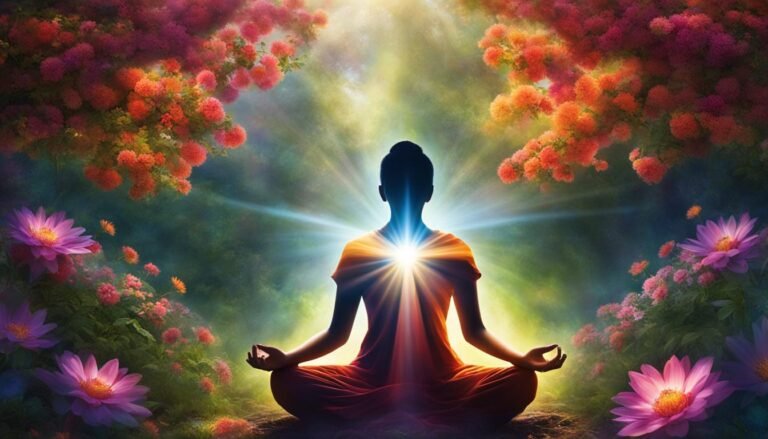Is Wellness About Balance?
When it comes to wellness, finding balance is key. Achieving a state of balance means finding harmony and integration between your mental, physical, and emotional health. It allows you to prioritize and engage in the things that are important to you without feeling overwhelmed or guilty. Balance is a crucial factor in maintaining overall well-being and can have a positive impact on your mental and physical health. By understanding your own boundaries and needs, setting priorities, and making choices that align with your values and goals, you can find the balance that leads to a fulfilling and healthy life.
Key Takeaways:
- Balance is essential for overall well-being and can positively impact mental and physical health.
- Imbalance can negatively affect mental health, relationships, and physical well-being.
- Balance is highly individualized and looks different for everyone.
- Prioritizing self-care, setting boundaries, and managing time are important for achieving balance.
- Achieving balance is an ongoing process that requires self-awareness and adjustments.
Why Does Balance Matter?
Balance is a fundamental aspect of overall well-being, as it directly impacts various areas of our lives, including our mental and physical health, relationships, and work. When we are overwhelmed and lack balance, it can have detrimental effects on our stress levels, mental health, and overall quality of life.
Excessive stress resulting from an imbalance can make it difficult to concentrate, make decisions, feel confident, and effectively handle problems. It may lead to feelings of anxiety, burnout, and even contribute to the development of mental illnesses such as depression. Maintaining a sense of balance is crucial for preserving our mental health and fostering emotional well-being.
In addition to mental health, an imbalance can also impact our relationships. When we are overwhelmed with work or other responsibilities, we may find ourselves with limited time and energy to devote to our loved ones. This can strain relationships, causing feelings of neglect or dissatisfaction.
Furthermore, neglecting our physical health is another consequence of imbalance. When we prioritize work or other aspects of our lives over taking care of our bodies, we may experience physical health problems such as sleep disturbances, weakened immune function, and increased susceptibility to illnesses.
“Maintaining balance is crucial for preserving our mental health and fostering emotional well-being.”
Ultimately, achieving and maintaining a state of balance is vital for leading a healthy and fulfilling life. It allows us to effectively manage stress, nurture healthy relationships, excel in our work, and prioritize self-care to safeguard our physical health. By finding equilibrium in all aspects of our lives, we can cultivate a harmonious existence where mental and physical well-being coexist.
Please note that this is a draft and is subject to revisions and edits for the final article.
What Does Balance Look Like?
Balance is a highly individualized concept. It looks different for everyone based on their unique needs, preferences, and circumstances. Finding balance requires understanding your own boundaries, prioritizing tasks and activities, and managing your time effectively. It involves striking the right combination of obligations and personal pursuits to bring fulfillment and satisfaction to your life.
For some individuals, balance may involve maintaining a fixed schedule and setting clear boundaries. These individuals prioritize their time and allocate it accordingly, ensuring that they have dedicated periods for work, family, self-care, and leisure activities. By structuring their days and weeks, they create a sense of stability and control.
On the other hand, flexibility plays a crucial role in achieving balance for many others. These individuals prioritize adaptability and recognize the importance of being able to adjust their plans and routines in response to changing demands and unexpected events. They understand that rigidity can lead to stress and dissatisfaction, and therefore embrace flexibility as a means of maintaining equilibrium.
Regardless of the approach, balance requires distinguishing between what is important and what can wait. It involves setting priorities and making conscious choices. By identifying your priorities and aligning your actions accordingly, you can ensure that your time and energy are dedicated to the things that truly matter to you.
Imagine balance as a finely tuned machine, where each part has its place and purpose. Like a symphony, it encompasses multiple elements working together in harmony. It’s not about finding a fixed formula that fits all, but rather discovering what works best for you.
Just as no two individuals are exactly alike, the path to balance is unique for each person. Embrace your individuality and find the balance that suits you best.
Remember, achieving and maintaining balance is an ongoing process that requires self-awareness and adjustment. It may take time to find the right combination of strategies that work for you, but the journey towards balance is worthwhile. By understanding your individual needs, setting clear priorities, managing your time wisely, and embracing flexibility, you can create a life that is fulfilling and harmonious.

How to Achieve Balance?
Achieving balance in your life requires conscious effort and self-care. It starts with prioritizing your own wellness and making it a top priority. Take the time to engage in activities that bring you joy and relaxation, whether it’s practicing self-care rituals like meditation or indulging in a hobby you love.
Setting boundaries is essential in creating balance. Learn to say no when necessary and prioritize your own needs. By setting clear boundaries, you can protect your time and energy, ensuring that you have enough for yourself and the things that truly matter to you.
Another key aspect of achieving balance is practicing assertiveness. This means communicating your needs and wants effectively, without apologizing or feeling guilty. By expressing yourself assertively, you can advocate for your own well-being and ensure that your needs are met.
Effective time management is crucial in creating balance. Plan your days and allocate time for the various aspects of your life, including work, personal commitments, and leisure activities. By managing your time wisely, you can ensure that you have enough time for all the important areas of your life, without feeling overwhelmed or neglecting your own well-being.
Remember, achieving balance is an ongoing process that requires constant self-awareness and adjustment. Evaluate your priorities regularly and make choices that align with your values and goals. By making your well-being a priority and taking proactive steps to achieve balance in your life, you can create a harmonious and fulfilling lifestyle.
FAQ
Is achieving balance essential to your wellness journey?
Yes, achieving balance is essential to your wellness journey. It involves finding harmony and integration between your mental, physical, and emotional health.
Why does balance matter?
Balance matters because it directly affects our well-being. When we are overwhelmed and out of balance, it can negatively impact our mental health, relationships, and physical health.
What does balance look like?
Balance is a highly individualized concept. It looks different for everyone based on their unique needs, preferences, and circumstances. It involves prioritizing tasks and activities, distinguishing between what is important and what can wait.
How can you achieve balance?
Achieving balance requires conscious effort and self-care. Prioritizing your own wellness is essential. This includes making time for activities that bring you joy and relaxation, setting boundaries, and managing your time effectively.






